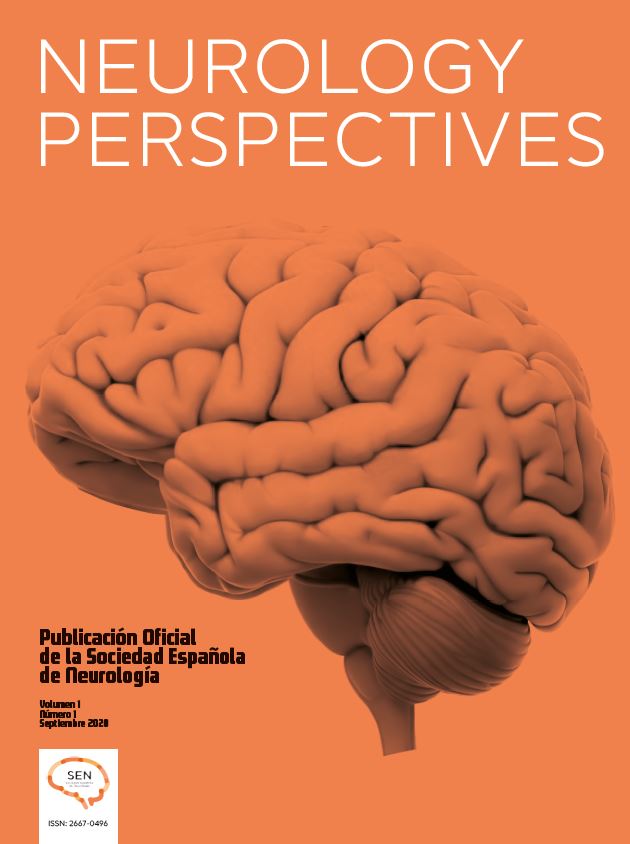As I read through the interesting literature focusing on COVID-19 related strokes, featured recently in the Journal,1,2 my inquisitiveness regarding the involved mechanisms of neuro-invasion escalates. Moreover, as the COVID-related ‘clot’ thickens (a result of the pro-inflammatory hypercoagulable mileu), almost in close conjunction does the ‘plot’ thicken interrogating whether the direct consequences of disseminated intravascular coagulation can alone explain the intriguing findings of most COVID-associated strokes being ischemic in nature with many researchers also suggesting these cerebrovascular events to be unrelated to age and associated with few vascular risk factors.1–5
In this context, while the thrombo-embolic sequel of COVID-19 is being ardently discussed,1–4 paradoxical embolization into the cerebral circulation through an undetected probe patent foramen ovale (PPFO) (reported to be as common as 20–25% in the general population), can very well be an important contributing factor.6 The premise for the same emanates from the comprehension of the fact that an ongoing inflammatory process leads to pulmonary arterial hypertension (aggravated by hypoxia, positive pressure ventilation and stiff-lung syndrome associated with COVID-19) culminating as accentuated right atrium (RA) pressures augmenting paradoxical embolization from the RA to left atrium (LA) through the PPFO (precluded in healthy subjects owing to the positive physiological LA-RA pressure gradient).7,8
The aforementioned constitutes a cardiac anaesthesiologists’ perspective on opening yet another Pandora's Box (referring to a PPFO in this case) concerning the mechanisms leading to stroke in COVID-19 (which in itself has evolved to be nothing less than a natures’ misadventurous stroke) highlighting the significance of a routine echocardiographic surveillance in this predisposed critically ill cohort.
Authors’ contributionRM conceptualized and wrote the entire manuscript.
Conflicts of interestWe do not have any conflict of interest, any commercial or financial interest in this material & agree to abide by the rules of your journal regarding publication of this article.






